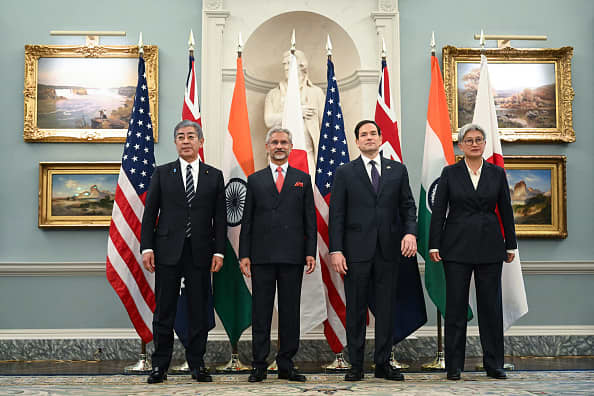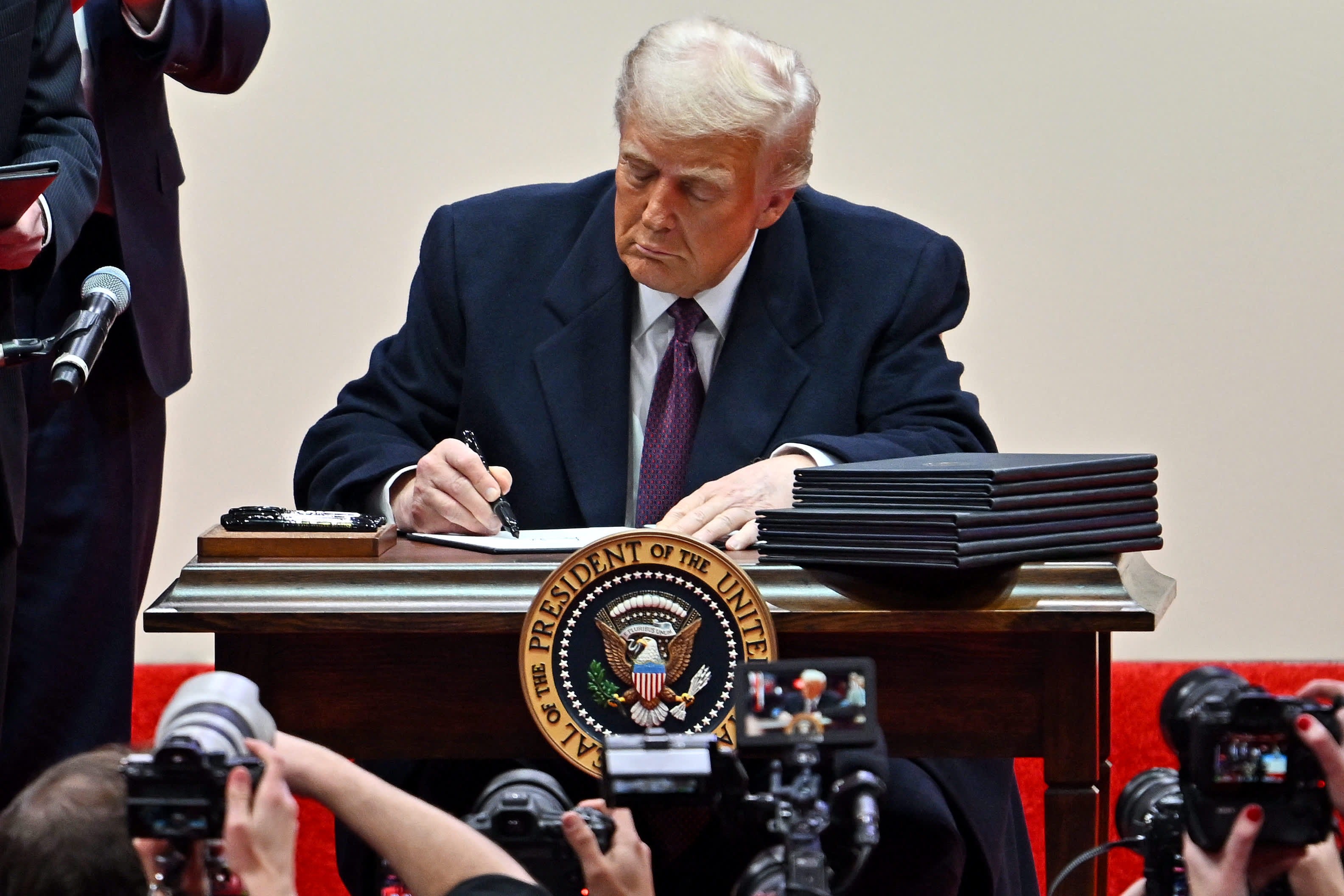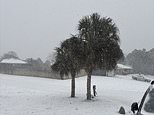

South Korea's acting president, Han Duck-soo, moved on Sunday to reassure the country's allies and calm financial markets a day after President Yoon Suk Yeol was impeached and suspended from his duties over a martial law attempt.
Han spoke with U.S. President Joe Biden by phone, the White House and Han's office said.
"South Korea will carry out its foreign and security policies without disruption and strive to ensure the South Korea-U.S. alliance is maintained and developed steadfastly," Han said, according to a statement from his office.
In a further attempt to stabilize the Asian nation's leadership, the main opposition party announced it would not seek to impeach Han for his involvement in Yoon's Dec. 3 martial law decision.
"Given that the prime minister has already been confirmed as acting president and considering that excessive impeachments could lead to confusion in national governance, we have decided not to proceed with impeachment procedures," Democratic Party leader Lee Jae-myung told reporters.
Prosecutors said Yoon did not appear on Sunday morning in response to a summons for questioning in a criminal investigation into his martial law decision, and they promised to issue another order, Yonhap news agency reported.
Yoon and a number of senior officials face potential charges of insurrection, abuse of authority and obstructing people from exercising their rights.
The prosecutors' office did not answer phone calls seeking comment.
Isak Andic, the founder and owner of the fashion empire Mango, died in a mountain accident on Saturday, police said.
Han, a longtime technocrat picked by the conservative Yoon as prime minister, was elevated to acting president in accordance with the constitution while Yoon's case moves to the Constitutional Court.
Demonstrators seeking Yoon's ouster braved the cold to throng the streets outside the National Assembly building where he was impeached. The crowd was about 200,000, according to police, Yonhap said.
Since Han's role is only acting president, "I hope he will exercise the minimum power to operate the country stably, rather than actively be involved in state affairs," said Jo Sung-woo, a 39-year-old Seoul resident.
About 8.5 km (five miles) away, a much smaller number of Yoon supporters demonstrated in the central Seoul area.
"I really can't stand to see these illegal lawmakers who were elected by fraudulent elections making evil laws and now this huge opposition party is running wild on their own," said Yim Joung-sook, 55.
North Korean threat
Yoon's surprise martial law declaration and the ensuing political crisis spooked markets and South Korea's diplomatic partners, worried over the country's ability to deter nuclear-armed North Korea.
Biden told Han the ironclad U.S.-South Korea alliance remained unchanged and Washington would work with Seoul to further develop and strengthen the alliance as well as trilateral cooperation including neighbor Japan, Han's office said.
The White House said in a statement that the U.S. president "expressed his appreciation for the resiliency of democracy and the rule of law in the ROK," using the abbreviation for the country's formal name, the Republic of Korea.
Han convened his cabinet and National Security Council shortly after Saturday's impeachment vote and vowed to maintain military readiness to prevent any breach of national security.
He spoke by phone with the commander of U.S. Forces Korea, expressing concern about the possibility North Korea could attempt military provocations, such as launching ballistic missiles or cyber attacks, Yonhap said, citing Han's office.
South Korea's partners wanted to see a credible and constitutional temporary leadership put in place as soon as possible, said Philip Turner, a former New Zealand ambassador to South Korea.
"They will be pleased to see Prime Minister Han take over as acting president," he said. "He is capable, experienced and well respected in foreign capitals."
But even with an acting president in place, international partners face months of uncertainty before a new president can be elected and a new government established, Turner added.
The Constitutional Court has up to six months to decide whether to remove or reinstate Yoon. If he is removed or resigns, a new elections will be held within 60 days.
Economic fallout
South Korean shares rose for a fourth straight session on Friday on hopes that the political uncertainty would ease after the impeachment vote in parliament, which followed a failed vote a week earlier.
Democratic Party leader Lee said the most pressing issue is a slump in consumption caused by insufficient domestic demand and the government's reduction of its fiscal role.
He called for a National Stability Council for Governance comprising the government and parliament to discuss finance, economy and public livelihoods.
"It is necessary to promptly discuss a supplementary budget," Lee said, adding that such a measure could support for small businesses and investments related to artificial intelligence and infrastructure to try to head off energy shortages.
Parliament, controlled by Lee's party, passed a 673.3 trillion won ($470.6 billion) 2025 budget bill on Tuesday that cut the government's 677.4 trillion won proposal, without reaching agreement with Yoon's People Power Party and the government.
By law parliament cannot increase government budgets, and at the time the Democratic Party said a supplementary budget could be needed to address spending for people's livelihoods.
The party said its cuts were mostly in reserve funds for the government, interest costs and funds allocated to the presidential office, prosecutors and auditors for classified operations. The government accused parliament of delaying projects for small businesses with the cuts.
Deadlock over budget issues was one of the justifications Yoon cited for imposing martial law.
South Korea's financial authorities vowed on Sunday to act as needed to stabilize markets while the finance minister said he would announce an economic policy plan by year's end.











